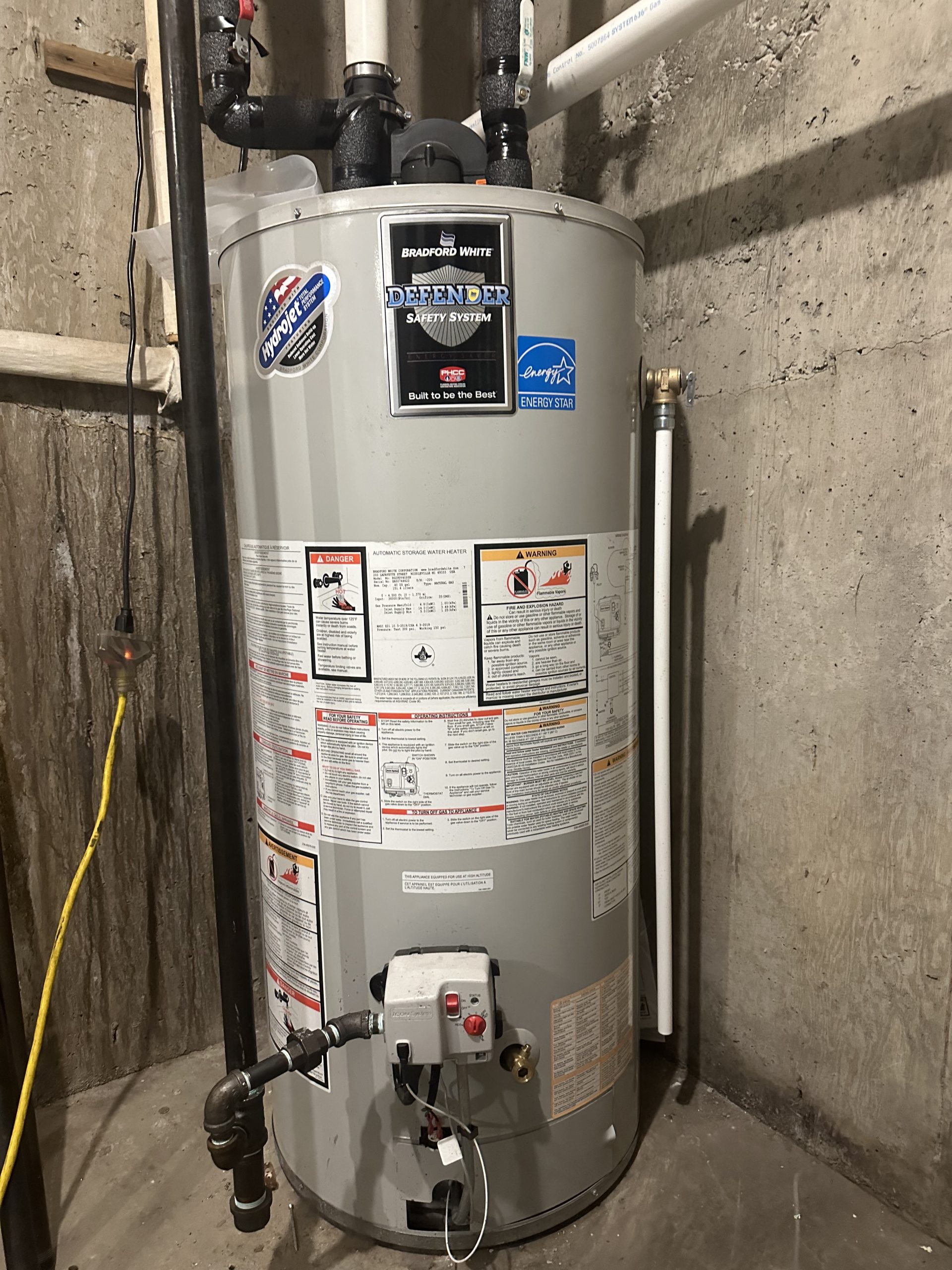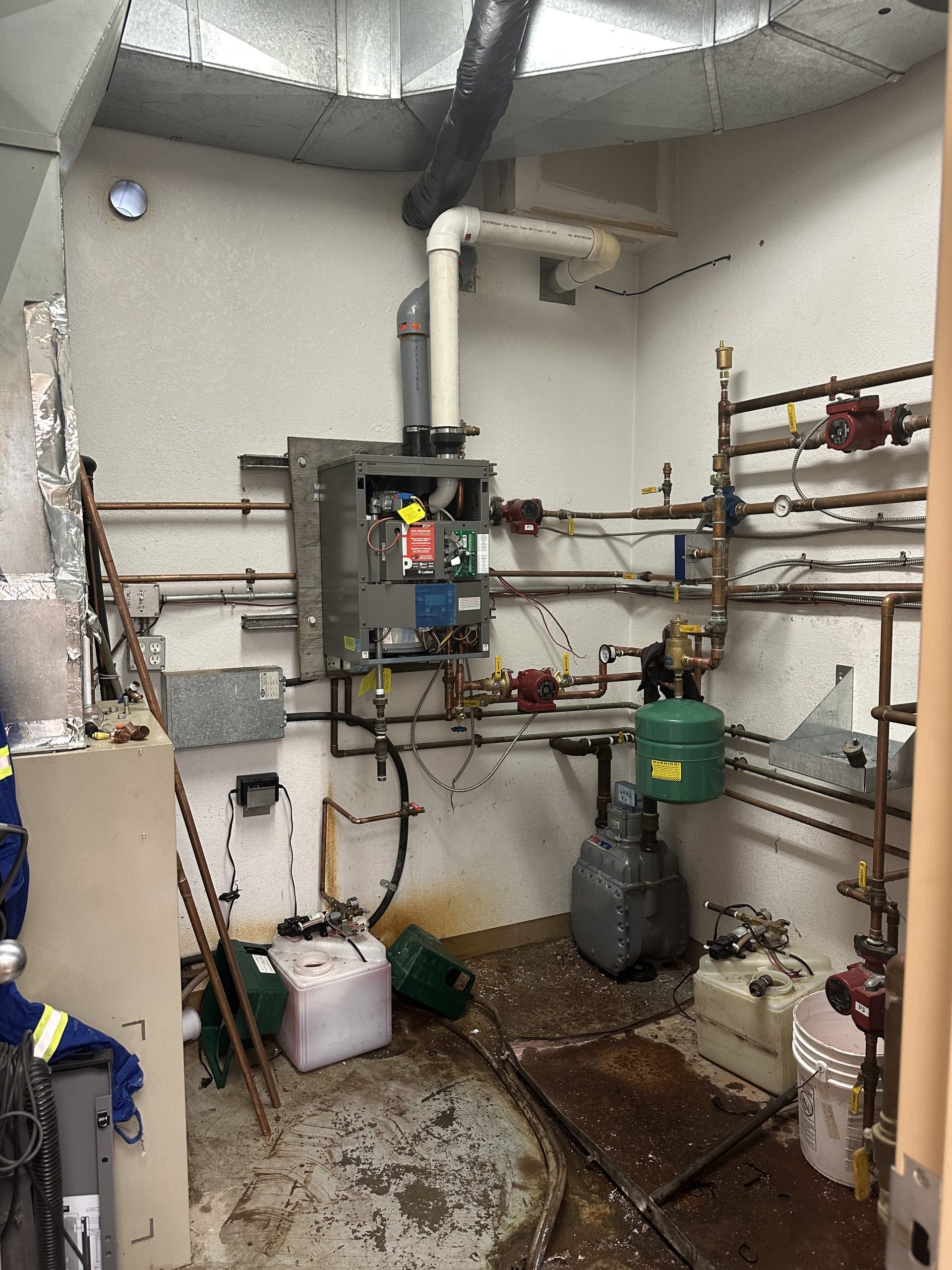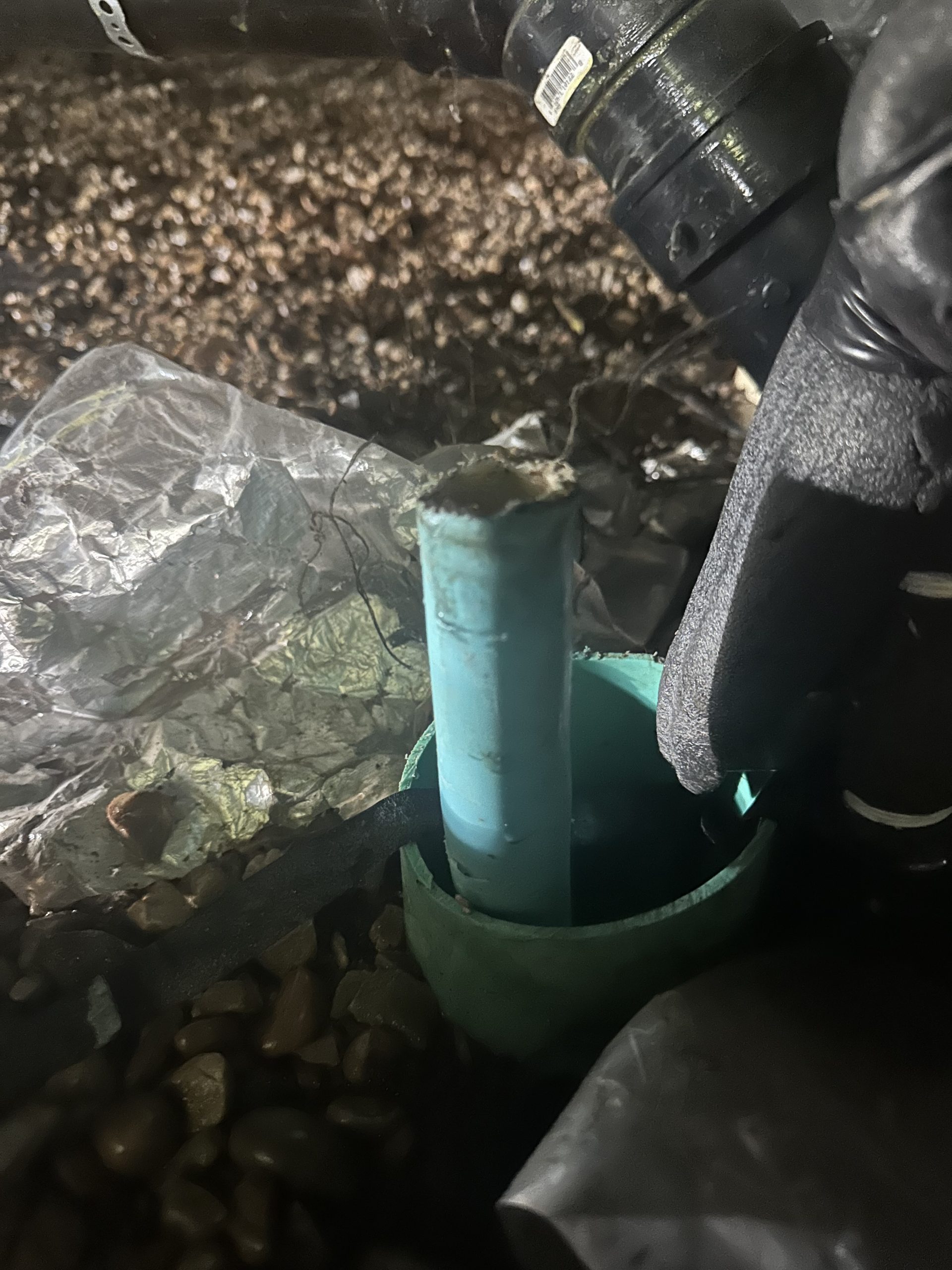Introduction
Having a blocked drainpipe can be among one of the most irritating experiences for any house owner. It's not simply an aggravation; it can cause major pipes issues if left untreated. In this thorough overview, we'll discover numerous techniques to unclog drains pipes properly and safely, ensuring your property plumbing system continues to be in top shape.
Whether you're handling hair accumulation in the washroom sink or oil build-up in the kitchen area drainpipe, recognizing exactly how to deal with these blockages is crucial. This guide will give you with step-by-step directions, ideas for prevention, and when to hire a professional.
Understanding Your Residential Pipes System
The Basics of Residential Plumbing
Plumbing systems in homes consist of a network of pipes, fixtures, and installations that move water and waste. Recognizing the essentials can assist you recognize where clogs are most likely to occur.
- Supply Lines: These carry fresh water right into your home. Drainage Systems: These eliminate wastewater and sewage. Vent Pipes: These allow drain gases to leave while preserving stress within the system.
Common Causes of Clogs
Before diving right into services, it's helpful to recognize what triggers obstructions:
Hair: Typically found in washroom sinks and showers. Grease: Usually gathers in kitchen drains after cooking. Food Waste: Big portions can block the disposal or drain. Soap Scum: Can build up in time, especially with hard water. Foreign Objects: Items like toys or cotton swabs can quickly cause severe blockages.A Step-by-Step Overview to Unclogging Drains Pipes in Your Home
Step 1: Collect Necessary Tools
Before starting any unclogging procedure, guarantee you have the right devices available:
- Plunger Drain snake Bucket Towels Baking soft drink and vinegar Chemical drainpipe cleansers (optional)
Step 2: Safety First!
It's important to shield yourself throughout any kind of plumbing job:
- Wear rubber gloves to maintain hands clean. Use goggles if you're collaborating with chemicals. Ensure great ventilation if making use of harsh cleaners.
Step 3: Examining the Clog Severity
Determine how serious the clog is prior to proceeding:
- Is water draining pipes slowly? Is there a full blockage?
Take note of these indications as they will dictate your approach.

Step 4: Making use of a Plunger Effectively
The trusty bettor is often your finest very first line of defense versus clogs.
How to Dive a Sink
Fill the sink partly with water. Position the plunger over the drainpipe and develop a seal. Push down securely before bring up quickly. Repeat for about 15 seconds.If done appropriately, this should remove small clogs effectively.
Step 5: Employing a Drain Snake
If plunging doesn't function, it might be time for an extra aggressive approach:
Insert the serpent right into the drain till you really feel resistance. Rotate the deal with clockwise to break through clogs. Pull out particles as soon as you have actually removed the blockage.This approach works for hair clogs or international things deep within pipes.
Step 6: Chemical Drainpipe Cleaning Company - Pros and Cons
Chemical cleaners can be reliable but included dangers:
Pros
- Quick results Effective on challenging clogs
Cons
- Potential injury to pipes Environmental concerns
Use these moderately and take into consideration choices whenever possible.
Alternative Techniques for Unclogging Drains
Using Sodium bicarbonate and Vinegar
For those looking TMK Plumbing & Heating in Grande Prairie for all-natural remedies, baking soft drink and vinegar is an exceptional option:
Pour half a mug of cooking soft drink down the drain. Follow with half a mug of vinegar. Cover tightly for concerning half an hour prior to purging with warm water.This technique functions wonders on light clogs brought on by soap residue or oil buildup.
Hot Water Flushes
Sometimes all it takes is warm water:
Boil water on your oven or kettle. Carefully put it directly down the stopped up drain.This straightforward technique is specifically reliable in kitchens where oil has accumulated.
Wet/ Dry Vacuum Method
A wet/dry vacuum cleaner can likewise work marvels if made use of properly:
Set it to fluid mode. Create a tight seal around the drain opening making use of attachments. Turn on high power-- this can suck out persistent clogs!Preventive Actions for Future Clogs
Now that you've effectively unclogged your drains, let's talk about how to avoid future problems:
Regular Cleaning Routines
Establishing regular cleaning regimens can significantly decrease obstruction occurrences:
Run hot water down drains weekly. Use filters to capture food particles and hair before they get in pipes.Avoiding Oil Build-Up
Never put oil down your cooking area sink! Instead, allow it solidify prior to dealing with it properly.
Educating Household Members About What Not To Flush
Ensure every person in your family understands what must never decrease toilets or sinks-- this consists of wipes, hygiene products, and so on, which can create significant clogs in household pipes systems.
When to Call a Professional Plumber?
While several blockages can be dealt with in your home, there are times when it's ideal to consult a specialist:
Persistent Clogs: If you've attempted numerous approaches without success. Multiple Drainpipe Issues: If a number of drains pipes are backing up at the same time-- it might suggest a larger issue within your plumbing system. Signs of Damage: Visible leaks or architectural damages can aggravate with time without expert intervention.FAQs Regarding Unclogging Drains at Home
Q1: How usually should I cleanse my drains?
It's advisable to do regular maintenance every few months by purging them with warm water or making use of all-natural cleaners like cooking soft drink and vinegar every couple of weeks.

Q2: Can I utilize boiling water on PVC pipes?
Yes! Boiling water is risk-free for PVC as long as it's not put directly onto joints or fittings which could damage their integrity in time due to extreme warm exposure.

Q3: What should I do if my commode won't quit overflowing?
First off-- do not stress! Turn off the commode's shut-off valve situated behind it promptly; then attempt plunging as soon as points clear up down!
Q4: Are chemical drainpipe cleansers secure for all types of pipes?
Not all chemical cleansers are suitable for every single kind of pipe material; constantly check out labels carefully beforehand!
Q5: Exactly how do I avoid hair from clogging my shower drain?
Consider installing mesh strainers developed especially for showers; these will catch hair while permitting water through efficiently!
Q6: Exists an environment-friendly option for unclogging drains?
Absolutely! Sodium bicarbonate integrated with vinegar creates a reliable yet eco-friendly service that will not hurt your pipes system!
Conclusion
Dealing with obstructed drains pipes doesn't need to be frustrating when armed with understanding regarding your pipes system! By following this step-by-step guide-- along with frequent preventative procedures-- you'll maintain your property pipes working smoothly while conserving yourself both time AND money!
Remember-- the essential lies not just in recognizing how best take on persistent clogs yet likewise developing habits that lessen their occurrence altogether! Happy unclogging!